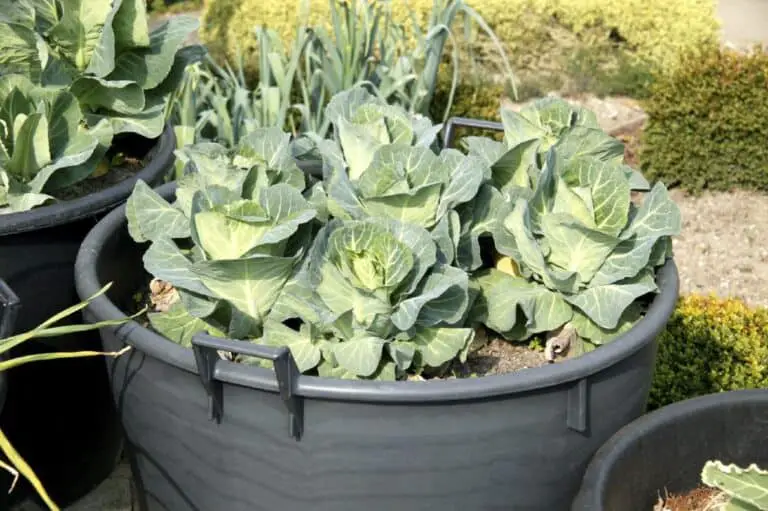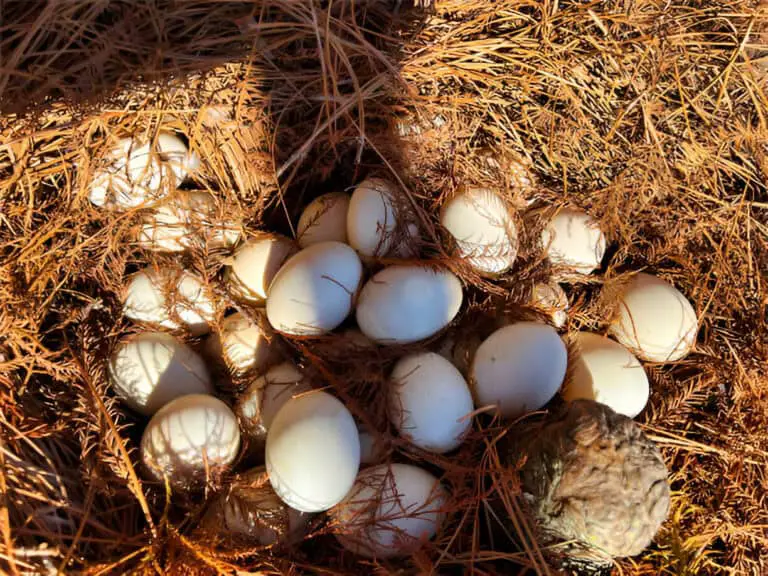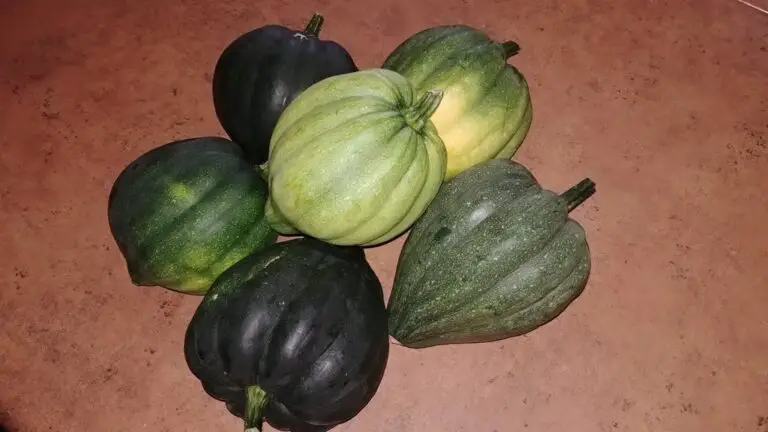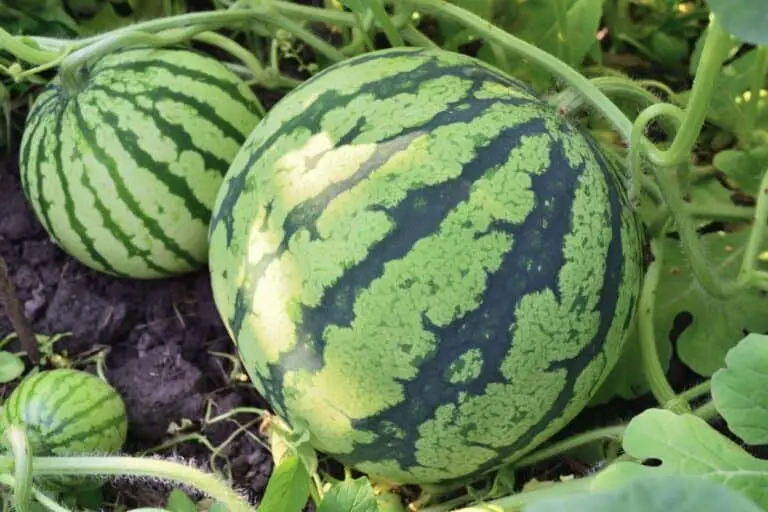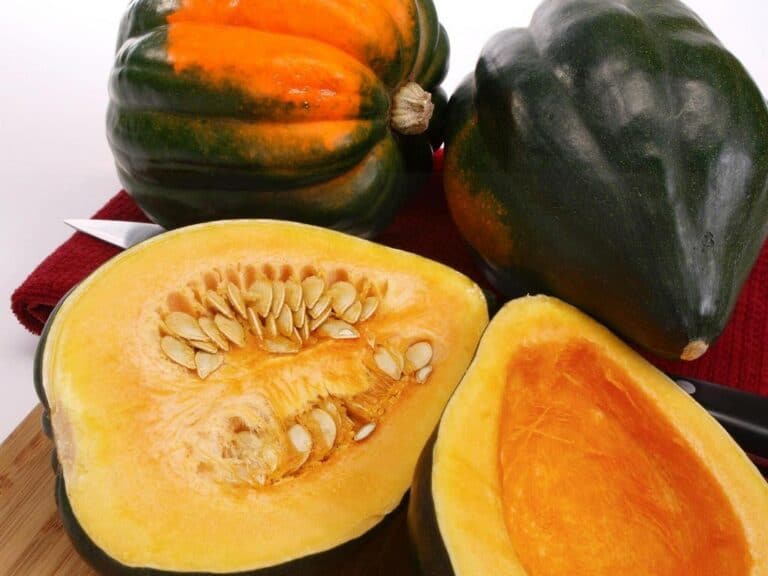What To Do With Duck Poop: Tips for Keeping Your Backyard Clean and Healthy
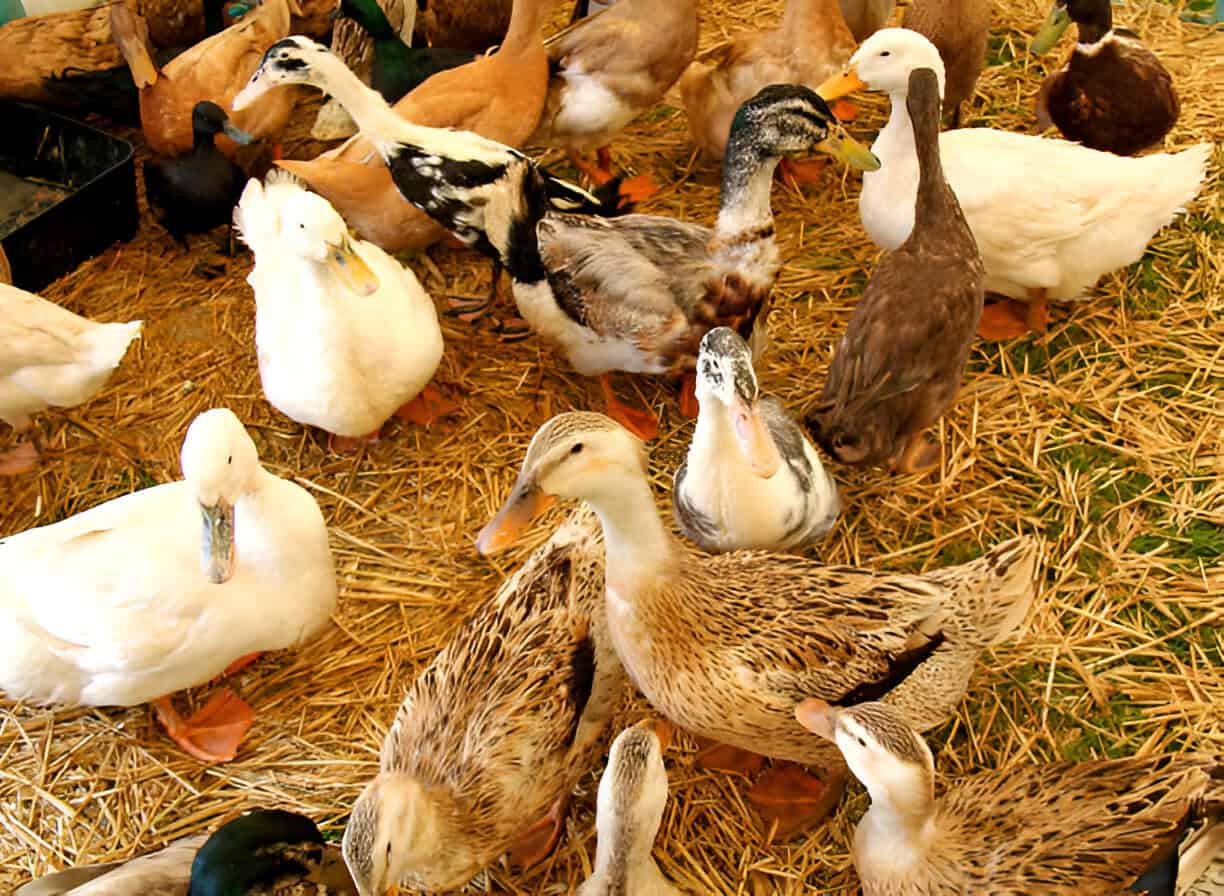
When I brought home my first batch of backyard ducks, I was enchanted by their chatter, their charm—and their constant companionship as I weeded the garden. But I wasn’t exactly prepared for the other thing they brought with them: an endless supply of poop. It seemed like every step they took came with a splat. At first, I panicked—how would I ever keep my yard clean? But over time, I learned to shift my mindset and see those messy droppings not as a nuisance, but as a resource.
Can duck poop actually be a good thing? Absolutely. With the right approach, what once felt like a never-ending cleanup job can turn into an opportunity for healthier soil, thriving plants, and even happier ducks. It’s all about working with nature instead of against it.
In this article, I’ll show you smart, practical ways to manage duck droppings while turning them into garden gold.
Understanding Duck Poop: The Basics
First, let’s get to know what we’re dealing with. Duck poop isn’t just a nuisance; it’s also a natural fertilizer. But before you start imagining a lush green garden overnight, let’s break down the reality of duck droppings.
Duck poop is composed of three main components:
- Solid waste – This is the bulk of what you see, and it’s usually dark brown or green in color. Ducks’ digestive systems work quickly, so their droppings are often fresh, moist, and packed with nutrients.
- Urine – Unlike mammals, ducks excrete both solid and liquid waste in one go. The white, pasty part of duck poop is actually the liquid waste, which contains nitrogen and other minerals.
- Feathers and debris – If ducks are preening or picking at the ground, you might find feathers or bits of bedding mixed in with their poop. It’s just part of the nature of the duck life.
Now that we know what we’re dealing with, let’s look at some practical ways to manage it.
Cleaning Up Duck Poop: The Basics

Cleaning up after ducks doesn’t have to be a full-time job, but it does require some routine. Here are some simple steps to keep your yard poop-free:
1. Create a Designated Poop Spot
If you let your ducks roam freely, you might notice that they have favorite spots to poop. Try to encourage them to “do their business” in one or two areas by placing bedding, grass, or even a little sand. When ducks feel comfortable in one spot, they’ll naturally return to it.
2. Daily Poop Patrol
Don’t let the poop pile up! Ducks are prolific poop machines, so cleaning their space daily is key to keeping your backyard clean. Use a shovel or a poop scoop to quickly remove waste and toss it into your compost bin or garden bed.
3. Regular Coop Maintenance
The coop is where your ducks spend most of their time, and it can quickly become a poop hotspot. Line the floor with straw, wood chips, or hay to absorb moisture. Be sure to clean the coop thoroughly every couple of weeks to prevent any buildup of waste that can lead to smells or health issues.
4. Wet Areas? No Problem!
Ducks love water, and this often means their poop gets mixed in with mud or ponds. If you have a pond or kiddie pool, keep it clean by replacing the water regularly. A little filtration system can go a long way in keeping your ducks—and the water—clean.
Read: Duck vs. Cormorant: How to Tell These Water Birds Apart
What Does Duck Poop Contain?
Duck poop is not just your average backyard waste—it can carry a variety of harmful germs, making it crucial to handle properly. For instance, it might contain bacteria like E. coli, Salmonella, and Campylobacter, along with the parasite Cryptosporidium, also known as “Crypto.” These pathogens can be a potential health risk, especially when they come into contact with water sources like ponds or pools.
While most germs in bird droppings are quickly neutralized by chlorine in well-maintained pools, it’s still important to be cautious when cleaning up duck poop. Whether it’s in your backyard or near a water source, here are a few things to keep in mind:
- Wear gloves when handling duck waste.
- Disinfect any surfaces or tools used for cleaning.
- Wash hands thoroughly after cleanup to avoid contamination.
By taking these precautions, you can keep your outdoor space safe and hygienic for both you and your ducks.
| Check out: The Ultimate Guide to Preventing Duck Mites and Lice in Your Backyard |
Turning Duck Poop Into Gold: Using It as Fertilizer
Here’s the fun part—duck poop isn’t just waste, it’s a natural treasure for your garden. With the right preparation, it can boost your plants and soil like nothing else. Here’s how to turn duck droppings into pure garden gold:
1. Compost It
The first step to using duck poop as fertilizer is to compost it. Fresh duck droppings can be too strong for your plants, as they can burn roots. Composting helps break down the waste and balance its nutrients, making it safe and beneficial for your garden. Here’s a simple composting process:
- Layering: Start with dry materials like leaves, straw, or cardboard. Add your duck poop in thin layers, mixing it with the dry materials. This helps with aeration.
- Turning: Stir your compost every few weeks to keep it from becoming compact. This will allow oxygen in and speed up the breakdown process.
- Wait: In about 2-3 months, your compost should be ready to use. It will have a rich, earthy smell and dark, crumbly texture that’s perfect for your garden.
2. Spread It in the Garden
Once your duck poop is composted, you can spread it over your garden beds. Duck manure is especially high in nitrogen, phosphorus, and potassium—three key nutrients for healthy plant growth. Apply the compost to the soil around your plants and work it in gently. It will improve soil quality, encourage plant growth, and help retain moisture.
3. Use It for Mulching
If composting isn’t your thing, you can also use duck poop as compost or mulch. Simply scatter it around your garden beds as a top layer. This will help to suppress weeds, regulate soil temperature, and add nutrients over time.
Does Duck Manure Need to Be Composted?
Yes, duck manure should be composted before using it in your garden or on plants. Fresh duck poop can be too rich in nitrogen, which can burn plants and harm the soil. Composting helps to break down the manure and balance its nutrient content, making it safe and beneficial for your garden.
When you compost duck manure, it also reduces the risk of spreading harmful pathogens, like E. coli and Salmonella, which are often found in fresh droppings. The heat generated during the composting process kills these germs, making the manure safe to use in your garden. Here’s how you can compost it properly:
- Mix it with carbon-rich materials, like straw, leaves, or wood shavings.
- Turn the pile regularly to ensure proper aeration.
- Let it sit for 6-12 months before using it in your garden.
Composting not only reduces waste but also creates a valuable, nutrient-rich fertilizer that improves soil health.
Preventing Odor and Maintaining Health
While duck poop can be a valuable resource, it can also stink if left unmanaged. Here’s how to keep odors at bay and ensure your ducks stay healthy:
1. Keep the Area Dry
Moisture is the enemy of a clean yard, especially when it comes to duck droppings. Wet poop attracts flies and creates a strong odor. Use absorbent bedding like straw, wood shavings, or sawdust to keep things dry. Change the bedding regularly to avoid any buildup.
2. Maintain Proper Ventilation
Make sure your duck coop is well-ventilated to reduce the accumulation of odors. Proper airflow helps to disperse the smell of ammonia, which is common in duck waste. It also ensures your ducks have a healthy environment to live in.
3. Use Natural Odor Control
If the smell still gets to you, try using natural odor-control methods. You can sprinkle a little diatomaceous earth or crushed lime in the coop and around the yard. Both help to neutralize odors and keep things fresh.
Duck Poop in the Pond: Handling Waste in Water
If you have a pond for your ducks to swim in, you’ll have to deal with poop in the water too. Thankfully, there are ways to keep your pond clean:
1. Install a Filtration System
A pond filtration system will help remove duck poop and other debris from the water. There are many systems on the market designed specifically for duck ponds.
2. Change Water Regularly
If you’re using a kiddie pool or smaller pond, be sure to replace the water every few days. This helps to maintain the water quality and prevent the buildup of waste.
3. Clean the Pond Bottom
Once a month, take the time to remove any solid waste from the bottom of the pond. You can use a pond vacuum or a fine mesh net to scoop up debris. This keeps the water fresh and safe for your ducks.
Final Thoughts: Duck Poop Doesn’t Have to Be a Problem
Duck poop is inevitable, but with the right steps, it doesn’t have to be a hassle. By managing the waste effectively, you can keep your yard clean, your ducks happy, and your garden thriving. Whether you’re composting it for fertilizer or using it as mulch, duck droppings can be turned into something incredibly valuable.
So, next time you spot a little duck poop in your backyard, just remember: it’s a sign of a healthy flock—and a garden that’s about to bloom!

